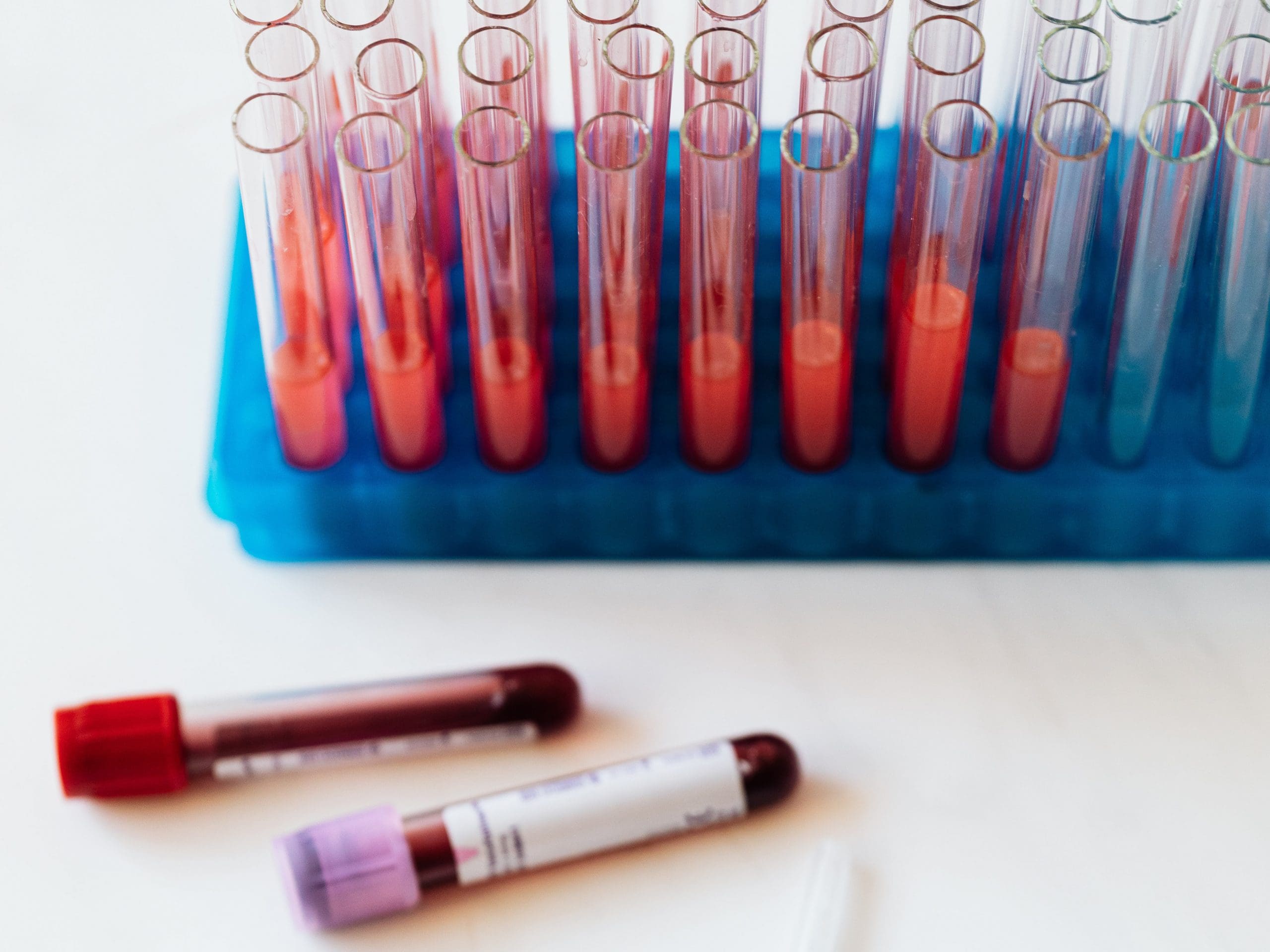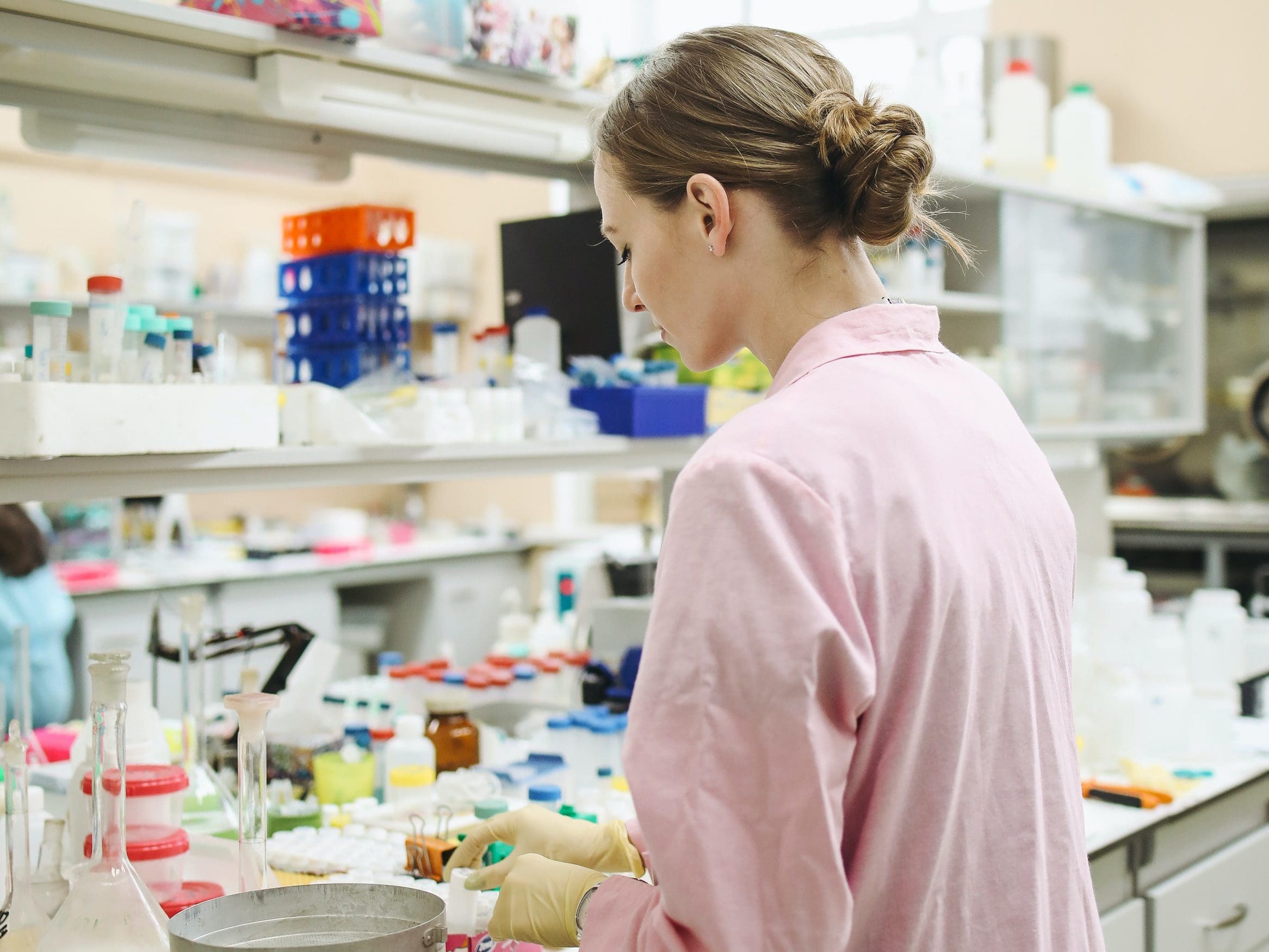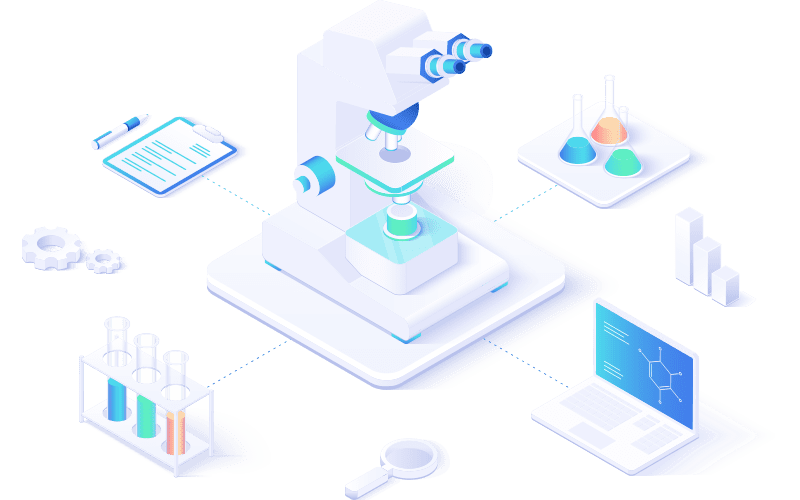Optimize Clinical Diagnostics with Advanced Lab Management Solutions
LabLynx empowers clinical diagnostics labs to deliver precise, rapid results with solutions that streamline workflows, enhance data accuracy, and ensure regulatory compliance, so your lab consistently provides reliable, high-quality diagnostics that support patient care.


Clinical Diagnostics LIMS for Precision, Compliance, and Efficiency
Clinical diagnostics labs operate in a high-stakes environment where accuracy, speed, and regulatory compliance are paramount. LabLynx Clinical Diagnostics LIMS is designed to meet these critical demands, featuring built-in compliance tools and customizable workflows that align with your lab’s unique processes. From patient sample management to automated reporting, our LIMS enhances productivity and ensures data integrity, enabling your lab to deliver fast, reliable results that support patient care.
With LabLynx, clinical diagnostics labs gain a powerful solution that streamlines data management, automates regulatory reporting, and provides real-time insights for effective decision-making. Our Clinical Diagnostics LIMS offers unmatched flexibility and compliance support, empowering your lab to operate efficiently and deliver consistent, high-quality diagnostics that meet the rigorous standards of clinical testing.

Don’t let a one-size-fits-all solution hold your lab back—discover how our customizable LIMS can transform your operations.
Essential Lab Management Features for Clinical Diagnostics Labs
Compliance & Data Security
Automated Compliance Tracking
LabLynx Clinical Diagnostics LIMS keeps your lab audit-ready by automatically tracking compliance with HIPAA, CLIA, and other regulatory standards.
Secure Patient Data Management
Ensure confidentiality with LabLynx’s secure data handling, designed to maintain HIPAA compliance and protect patient health information.
Customizable Regulatory Reporting
Streamline compliance with LabLynx’s customizable templates for regulatory reporting, allowing for quick, accurate submission and reduced manual workload.
Sample Tracking & Chain of Custody
End-to-End Sample Tracking
LabLynx offers comprehensive tracking from sample collection to final analysis, providing full visibility and ensuring accuracy in clinical diagnostics.
Barcode Labeling for Precision
Improve accuracy with barcode labeling, enabling quick identification and reducing the risk of sample mix-ups or handling errors.
Real-Time Chain of Custody
LabLynx’s chain of custody management logs every step of sample handling, ensuring data integrity and reliability for precise diagnostic results.
Patient Data Management & Reporting
Centralized Patient Data Repository
Store patient records and test results securely in LabLynx’s centralized data system, making it easy to access and analyze data as needed.
Automated Report Generation
LabLynx Clinical Diagnostics LIMS automates report creation, ensuring consistency, accuracy, and speed in delivering patient-ready diagnostics.
Data Security & Integrity Controls
Protect sensitive patient data with LabLynx’s advanced security measures, safeguarding accuracy and maintaining compliance with industry standards.
Workflow Optimization & Productivity
Automated Task Scheduling
Boost lab efficiency with LabLynx’s automated task scheduling, assigning tasks based on priority and tracking progress across workflows.
Customizable Workflow Management
Tailor workflows to meet your lab’s specific needs with LabLynx’s flexible configurations, reducing bottlenecks and maximizing productivity.
Real-Time Performance Monitoring
Track key lab metrics in real time with LabLynx’s performance dashboard, offering insights that help identify areas for improvement and ensure peak efficiency.
Discover How LabLynx Boosts Your Clinical Diagnostics Lab’s Performance and Efficiency
"*" indicates required fields
LabLynx LIMS Suite for Clinical Diagnostics Labs

